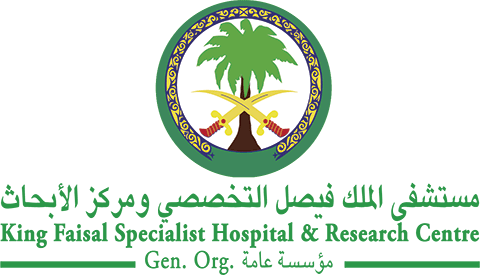Abstract
Chimeric antigen receptors (CARs) are synthetic engineered receptors with an antigen recognition domain derived from a high-specificity monoclonal antibody that can target surface molecules on tumor cells. T cells are genetically engineered to express CARs, thereby harnessing the antigen-recognition ability of antibodies and effector function of T cells. Target surface molecule selection is crucial for manufacturing CARs. Ideally, a target surface molecule should be restricted to tumor cells and minimally expressed or absent on normal tissues. Different CD19-targeted CAR-T cell therapies have been approved for the treatment of B-cell lymphoid malignancies that are refractory to other therapies, including indolent and aggressive B-cell non-Hodgkin lymphomas (NHL) and B-cell acute lymphoblastic leukemia (BALL). Despite impressive results, many patients with aggressive and refractory B-cell malignancies do not respond to or relapse after CD19 CAR-T cell therapies. Thus, several additional strategies are currently being evaluated to overcome these limitations. This review discusses studies on other promising CAR-T cell targets, including CD20, CD22, BAFF-R, ROR1, CD70, BCR complex, kappa/lambda light chains, multitargeted CAR-T cells, and combinations of CAR-T cell therapy with different drugs.
Recommended Citation
Vanegas, Yenny M.; Mohty, Razan; Gadd, Martha E.; Luo, Yan; Aljurf, Mahmoud; Qin, Hong; and Kharfan-Dabaja, Mohamed A.
(2022)
"CAR-T cell Therapies for B-cell Lymphoid Malignancies: Identifying Targets Beyond CD19,"
Hematology/Oncology and Stem Cell Therapy: Vol. 15
:
Iss.
3
, Article 8.
Available at: https://doi.org/10.56875/2589-0646.1026
Creative Commons License

This work is licensed under a Creative Commons Attribution-Noncommercial-No Derivative Works 4.0 License.
Included in
Cancer Biology Commons, Hematology Commons, Oncology Commons

